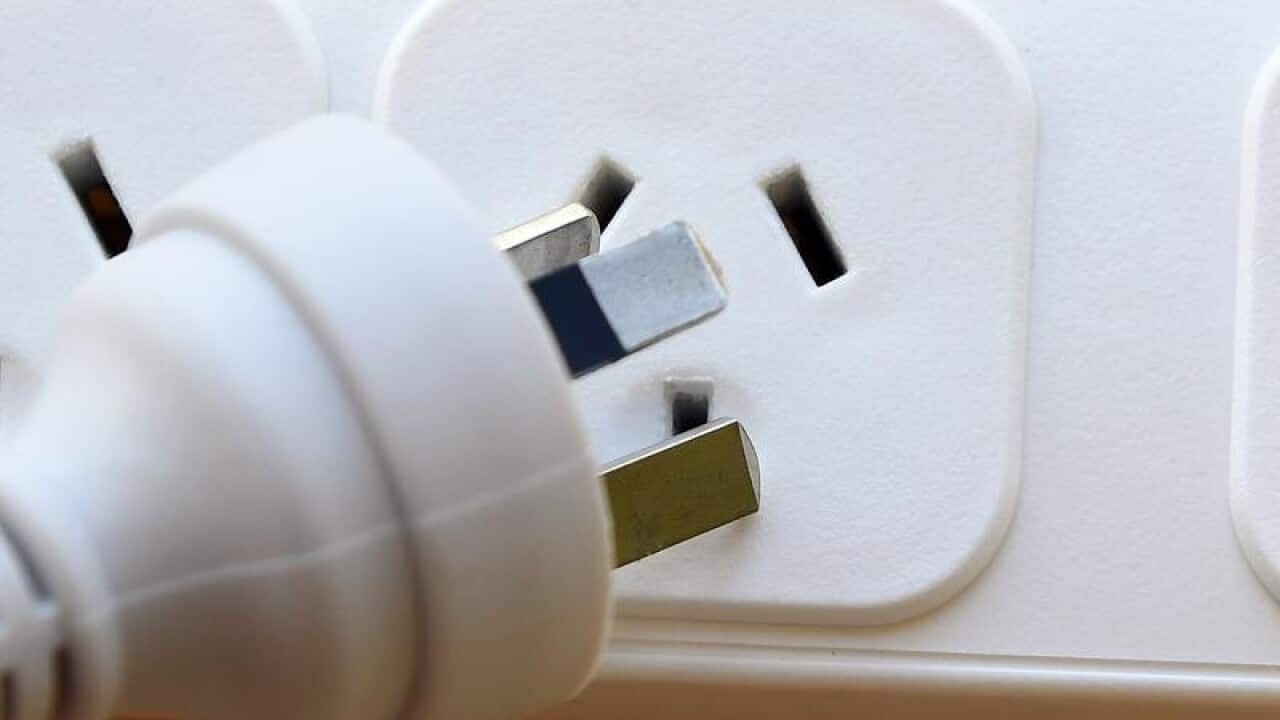Queensland Energy Minister Mark Bailey says the federal government's plan to abandon its clean energy target will negatively impact state governments in their transition to renewable energy sources.
The Turnbull government on Tuesday revealed it would not go ahead with the clean energy target recommended by Chief Scientist Alan Finkel under a new national energy guarantee that would start in 2020.
Mr Bailey accused the federal government of being in a state of "policy paralysis" over solutions to curb power prices, and said discarding the target would pose a significant challenge to national electricity market reforms.
"Scrapping the clean energy target will make it harder for the reform of a broken national electricity market and we are part of that market so yes, it will have an impact," he told reporters.
"It will be better for electricity consumers right across the country, including in Queensland, if Canberra got its act together and started backing the cheapest, latest technology. That's renewables and the transition to it."
Mr Bailey accused Prime Minister Malcolm Turnbull of prioritising his own job security by bowing to pressure from conservative backbencher Tony Abbott over attempts to lower household electricity bills for consumers across the country.
"Malcolm Turnbull is only backing his own job because he's afraid that Tony Abbott is breathing down his neck," he said.
Mr Bailey declared Queensland's Labor government would continue to enforce it's own renewable energy target of 50 per cent by 2030.
The federal government's plan is slated to deliver electricity bill savings of at least $115 a year, but subsidies for renewable energy will be removed over time.
The announcement comes after the Australian Competition and Consumer Commission on Monday revealed preliminary findings which showed power prices had risen by 63 per cent over the past decade.
The ACCC's probe into the national energy market also estimated Queenslanders had paid the most for electricity in the 2016-17 financial year.

